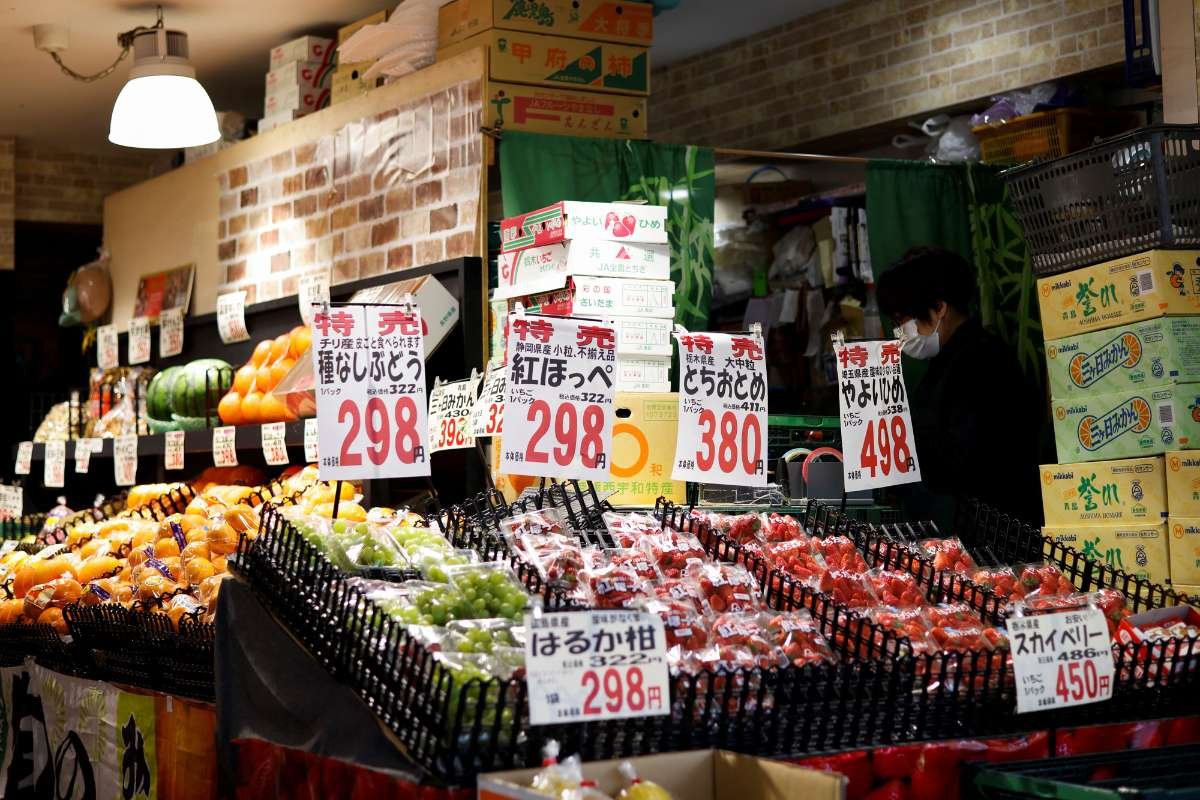Key Points:
- IMF warns of rising global instability.
- Trade shifts risk deeper fragmentation.
- AI boom may echo dot-com bubble.
The International Monetary Fund (IMF) chief, Kristalina Georgieva, has issued a stark warning that the global economy is entering a volatile and uncertain phase, urging governments and investors to “buckle up” for what lies ahead.
Speaking ahead of the IMF–World Bank annual meetings in Washington, Kristalina Georgieva noted that while global growth has shown resilience, the current stability remains fragile and untested. She emphasized that rising geopolitical tensions, fiscal vulnerabilities, and market speculation are converging to create a “new normal” of persistent uncertainty.
Her remarks came just days before renewed trade tensions between the United States and China shook global markets. The U.S. administration’s threat to impose 100 percent tariffs on Chinese goods reignited fears of a trade war, validating Georgieva’s concern about policy unpredictability and its impact on already fragile supply chains.
The IMF chief underscored that the world economy’s apparent strength masks deep structural weaknesses, warning that complacency could leave countries unprepared for the next major shock.
Trade Wars, Tech Hype, and Realignment
Global trade has so far defied expectations, expanding despite intensifying political friction. However, analysts warn that such resilience may not last if nations continue weaponizing tariffs and sanctions. The recent escalation in trade restrictions between major economies highlights how quickly confidence can erode when political agendas overshadow economic logic.
Amid these disruptions, a growing trend of “friendshoring,” redirecting supply chains toward politically aligned partners, is reshaping global trade patterns. This shift, while stabilizing in the short term, also risks deepening global fragmentation and leaving developing nations increasingly marginalized.
Adding to the complexity is the artificial intelligence (AI) investment boom, which has fueled a surge in demand for semiconductors, data servers, and advanced computing hardware. This has supported export growth in Asia and driven a fresh wave of optimism in financial markets.
Yet many economists caution that the AI boom carries echoes of the dot-com bubble of the early 2000s. Central banks, including the Bank of England, have warned that inflated tech valuations could lead to a “sharp correction” if market sentiment shifts. Kristalina Georgieva echoed similar concerns, noting that the enthusiasm surrounding AI must be matched by productivity gains and sustainable fiscal discipline, or risk becoming another speculative bubble.
Fiscal Pressures and Fragile Confidence
Beyond trade and technology, the IMF has identified widening fiscal gaps and political polarization as mounting threats to global financial stability. Georgieva highlighted that loose fiscal policies in major economies, particularly the United States, could undermine investor confidence in government debt market assets long regarded as the safest in the world.
A loss of trust in U.S. Treasuries could send shockwaves through global markets, affecting currencies, bonds, and risk assets. With public debt levels climbing and political divisions hampering long-term policy consistency, the IMF warns that the current global framework may be ill-equipped to handle a crisis.
Kristalina Georgieva’s message to world leaders was unambiguous: the global economy’s resilience cannot be taken for granted. As trade disputes deepen, technological euphoria grows, and fiscal credibility weakens, the world must brace for volatility. “This is no time for complacency,” she said, emphasizing that cooperation, discipline, and preparedness will determine whether the next economic storm can be weathered.


















